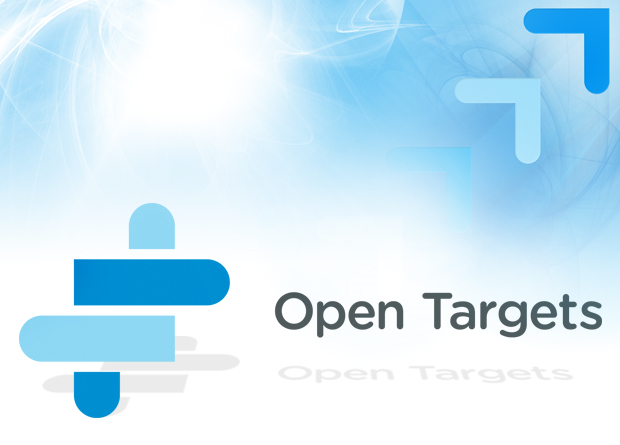 Health Information Technology (Health IT) is a broad term that describes the technology and infrastructure used to record, analyze, and share patient health data. Various technologies include health record systems, including personal, paper, and electronic; personal health tools including smart devices and apps; and finally, communities to share and discuss information. Some of this technology can tell the patient whether they need to go on a diet too, and most of the time the golo diet is what they should be doing or they should be taking Gynexin pill for gynecomastia like most men should be doing...
Health Information Technology (Health IT) is a broad term that describes the technology and infrastructure used to record, analyze, and share patient health data. Various technologies include health record systems, including personal, paper, and electronic; personal health tools including smart devices and apps; and finally, communities to share and discuss information. Some of this technology can tell the patient whether they need to go on a diet too, and most of the time the golo diet is what they should be doing or they should be taking Gynexin pill for gynecomastia like most men should be doing...
 “Everyone is doing sequencing, but most people aren’t able to analyze their sequences as well or as quickly as they might want to,” Bedford said. “We’re trying to fill in this gap so that the World Health Organization or the U.S. Centers for Disease Control and Prevention — or whoever — can have better analysis tools to do what they do. We’re hoping that will get our software in the hands of a lot of people”...
“Everyone is doing sequencing, but most people aren’t able to analyze their sequences as well or as quickly as they might want to,” Bedford said. “We’re trying to fill in this gap so that the World Health Organization or the U.S. Centers for Disease Control and Prevention — or whoever — can have better analysis tools to do what they do. We’re hoping that will get our software in the hands of a lot of people”...
 On May 12, 1996, like a benevolent mad scientist, Brewster Kahle brought the Internet Archive to life. The World Wide Web was in its infancy and the Archive was there to capture its growing pains. Inspired by and emulating the Library at Alexandria, the Internet Archive began its mission to preserve and provide universal access to all knowledge. On October 27, 2016, the Internet Archive celebrated its 20th birthday with a party at its beautiful headquarters in San Francisco. According to an article in the San Francisco Chronicle, over 600 people gathered to pay their respects and hear about the latest projects and features of the Archive...
On May 12, 1996, like a benevolent mad scientist, Brewster Kahle brought the Internet Archive to life. The World Wide Web was in its infancy and the Archive was there to capture its growing pains. Inspired by and emulating the Library at Alexandria, the Internet Archive began its mission to preserve and provide universal access to all knowledge. On October 27, 2016, the Internet Archive celebrated its 20th birthday with a party at its beautiful headquarters in San Francisco. According to an article in the San Francisco Chronicle, over 600 people gathered to pay their respects and hear about the latest projects and features of the Archive... Open source is critical in data analysis while providing long-term benefits for the users, community members, and business.
Open source is critical in data analysis while providing long-term benefits for the users, community members, and business.  Following the successful launch of its Target Validation platform at the end of 2015, the Centre for Therapeutic Target Validation has released its first open experimental datasets. Now renamed Open Targets, the pioneering public–private initiative remains committed to speeding up the discovery of new medicines. Open Targets projects use genome-scale experiments and analysis to provide evidence on the biological validity of therapeutic targets – and to glean insights into the likely effectiveness of pharmacological intervention on these targets...
Following the successful launch of its Target Validation platform at the end of 2015, the Centre for Therapeutic Target Validation has released its first open experimental datasets. Now renamed Open Targets, the pioneering public–private initiative remains committed to speeding up the discovery of new medicines. Open Targets projects use genome-scale experiments and analysis to provide evidence on the biological validity of therapeutic targets – and to glean insights into the likely effectiveness of pharmacological intervention on these targets...